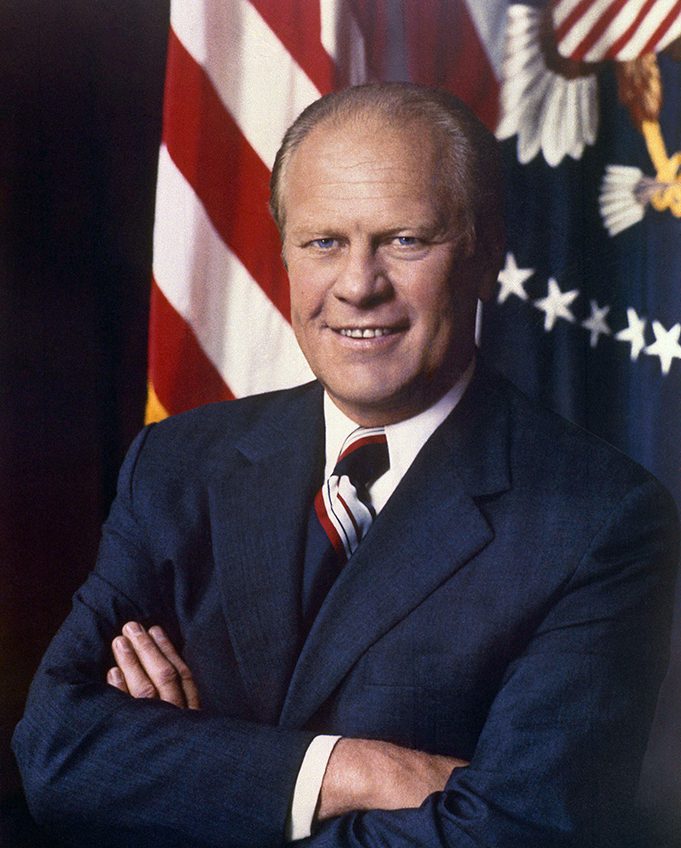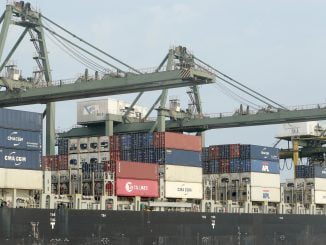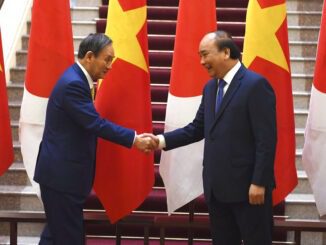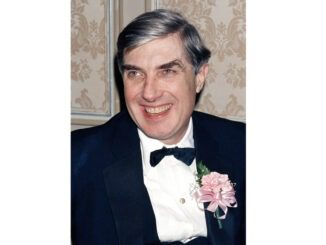
The past two weeks in Afghanistan have been an unnecessary and unmitigated humanitarian and geopolitical disaster.
It didn’t have to be this way. President Biden and his national security team appeared to be totally flummoxed when they tried to explain how the withdrawal of troops, American citizens and Afghani sympathizers became so chaotic under their watch.
Secretary of Defense Lloyd Austin somewhat unbelievably said American military forces did not have the capability to go outside of the Kabul airport to get all of the estimated 11,000 Americans safely out of Kabul. There was hardly any talk about how this administration and national security leaders were going to evacuate the estimated 250,000 Afghani U.S. sympathizers who were translators, spies, drivers, informants and subcontractors who are now in danger of being executed by the Taliban.
President Gerald R. Ford, our 38th president, approached the withdrawal of U.S. troops from South Vietnam very differently in 1975. He used every U.S. military and commercial capability to evacuate 130,000 South Vietnamese U.S. sympathizers out of Vietnam in April before Saigon fell on the 30th. While it got scant notice at the time, only the evacuation of 330,000 Allied troops from Dunkirk in 1940 by Winston Churchill comes to mind as a greater success in terms of lives saved.
Congressman Ford of Michigan, “Jerry” to his friends, was Republican minority leader in Congress from 1965 to 1975. Whenever he appeared on the evening news, my father would sit back, smile and say: “Jerry Ford. He is one of the good guys.”
I always wondered how my dad knew Jerry Ford well enough to know “he was one of the good guys.” He would see Mr. Ford at annual College Football Hall of Fame dinners in New York since both had been All-American centers, Ford at Michigan (1933) and Dad at Duke (1938). Only recently did I find out Jerry Ford was the line coach for Dad when both were stationed at Chapel Hill for the Naval pre-flight program during the early years of World War II, which must have solidified their friendship through their athletic and military associations.
President Richard Nixon named Ford to be his vice-president in 1973 when Spiro T. Agnew resigned in disgrace. When Nixon resigned after Watergate in 1974, Ford became president. The Vietnam War was already winding down since the de-escalation of the war had started under Nixon and his secretary of state Henry Kissinger. President Ford knew what was coming when the last American troops left Vietnam so he asked Congress to authorize $250 million in humanitarian funds for the evacuation of all Americans and between 150,000 to 200,000 South Vietnamese citizens who could be identified as helpful U.S. allies.
Only 14 Senate Democrats voted against the bill. One of them was none other than freshman Sen. Joe Biden of Delaware, who callously and cold-heartedly said: “The United States has no obligation to evacuate one — or 100,001 — South Vietnamese.”
His statement is hard to believe since now-President Biden today has no problem with allowing 2 million people to enter the U.S. through the southern border who are not about to be slaughtered by Taliban terrorists or communist death squads.
“It just burns me up, these great humanitarians” said Ford at the time. “They just want to turn their backs. We didn’t do it to the Hungarians (40,000 evacuated in 1956), we didn’t do it to the Cubans (675,000 evacuated after Castro’s takeover) and, damn it, we’re not going to do it now.”
According to historian Thurston Clarke, 130,000 South Vietnamese were airlifted out of Saigon airport by any type of air transport possible in the month before Saigon fell on April 30, 1975. USAF pilots and officers turned their head the other way as thousands of refugees packed themselves on cargo transport planes daily.
Saving 130,000 lives from certain slaughter in Vietnam happened because President Ford had the will to make it happen and U.S. soldiers and civilian personnel had the freedom to use any means possible to accomplish the goal. None of them said “We just can’t do it”; “This is someone else’s fault!” or “The South Vietnamese army just cut and ran away like cowards!”
Jerry Ford was more than just “one of the good guys.” He was a great leader in a time of crisis.
If only Joe Biden had learned his lesson when President Ford and his administration saved 130,000 lives in Vietnam.




